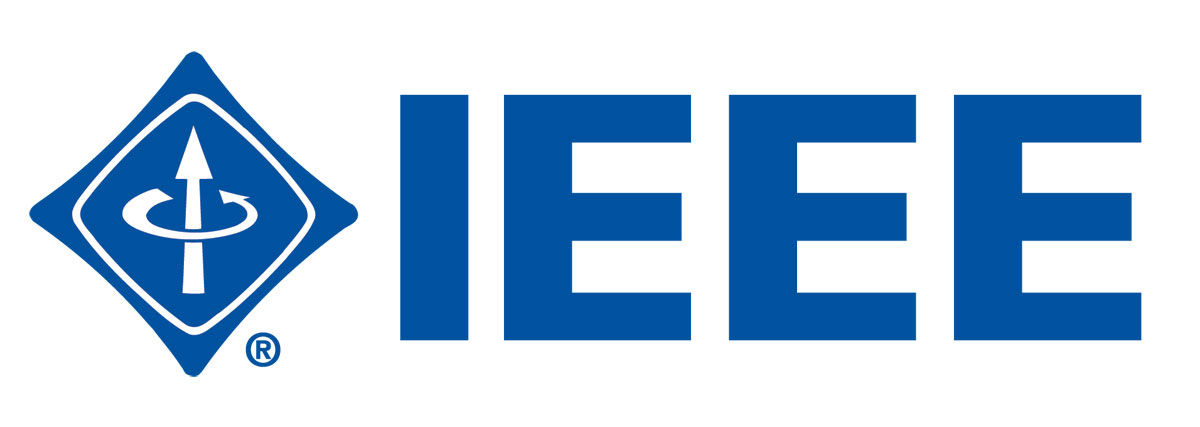Computational thinking (CT) is an analytical thinking that draws on concepts of computer science and provides a way for solving problems and understanding human behaviour. Currently, a lot of learning methodology is used as an approach to nurture the CT skills among the school students. However, the used of CT skills alone is not efficient to develop an innovative learning environment, lack of problem-solving skills and cannot facilitate teamwork and conceptual understanding. Educational Robotics (ER) has been increasingly used as a pedagogical tool to attract the interest of the students to learn more. However, there is still lack of standard pedagogy and robotics tool to support school students to optimally nurture the capability of CT. Introducing CT skills to school students and integrating CT in ER remains a challenge. The challenging task is to design an effective training and course content based on the content-specific and community-specific requirements. Adaptive learning approach allows a systematic and intelligent selection of CT learning contents, ER education tools and material to cater diversity of community or participant background knowledge prior or during CT courses. Therefore, this research aims to propose an innovation adaptive learning framework for CT using ER to enhance a secondary student for CT conceptual understanding and adaptive learning environment. The study has three objectives: (1) to identify an existing ER approaches in the CT education, (2) to propose an adaptive model using artificial intelligence technique in selecting right CT learning contents along with ER education tools and materials. (3) to propose an adaptive learning framework for CT using ER including a supporting tool for robotics, and (4) to validate and evaluate the proposed innovation learning framework via community programmes. The methodology will briefly have four phases: (1) investigate requirements criteria of ER for CT education, (2) identify ER educational tools for robotic development and programming, (3) propose an adaptive learning model in selecting right CT learning content along with ER tools and material based on students’ prior-knowledge, (4) propose an innovation learning framework that consists of CT elements and ER tools , and (5) validate the efficiency of the proposed framework via community programs among secondary school students. The significance of the output is it would help educators to perform effective learning environment using CT through ER for secondary school students.
Professor in Software Engineering
Latest News
- Nurturing Computational Thinking Skill into Secondary School Students through Educational Robotics
- RoboKar Workshop: Computational Thinking for Problem Solving through Robotic Programming
- Liga Pengaturcaraan Robot, iCare UTM – Kejora
- Liga UTM-KEJORA: Template Logbook Jurnal Penyelesaian Masalah Robokar
- Protected: Teaching Materials – Real-Time Software Engineering / Advanced Software Engineering
- Protected: Pelaksanaan Modul di Sekolah
- Free E-Book For Download
Teaching
Copyright © 2026 Dayang Norhayati Abang Jawawi · Genesis Theme Framework






